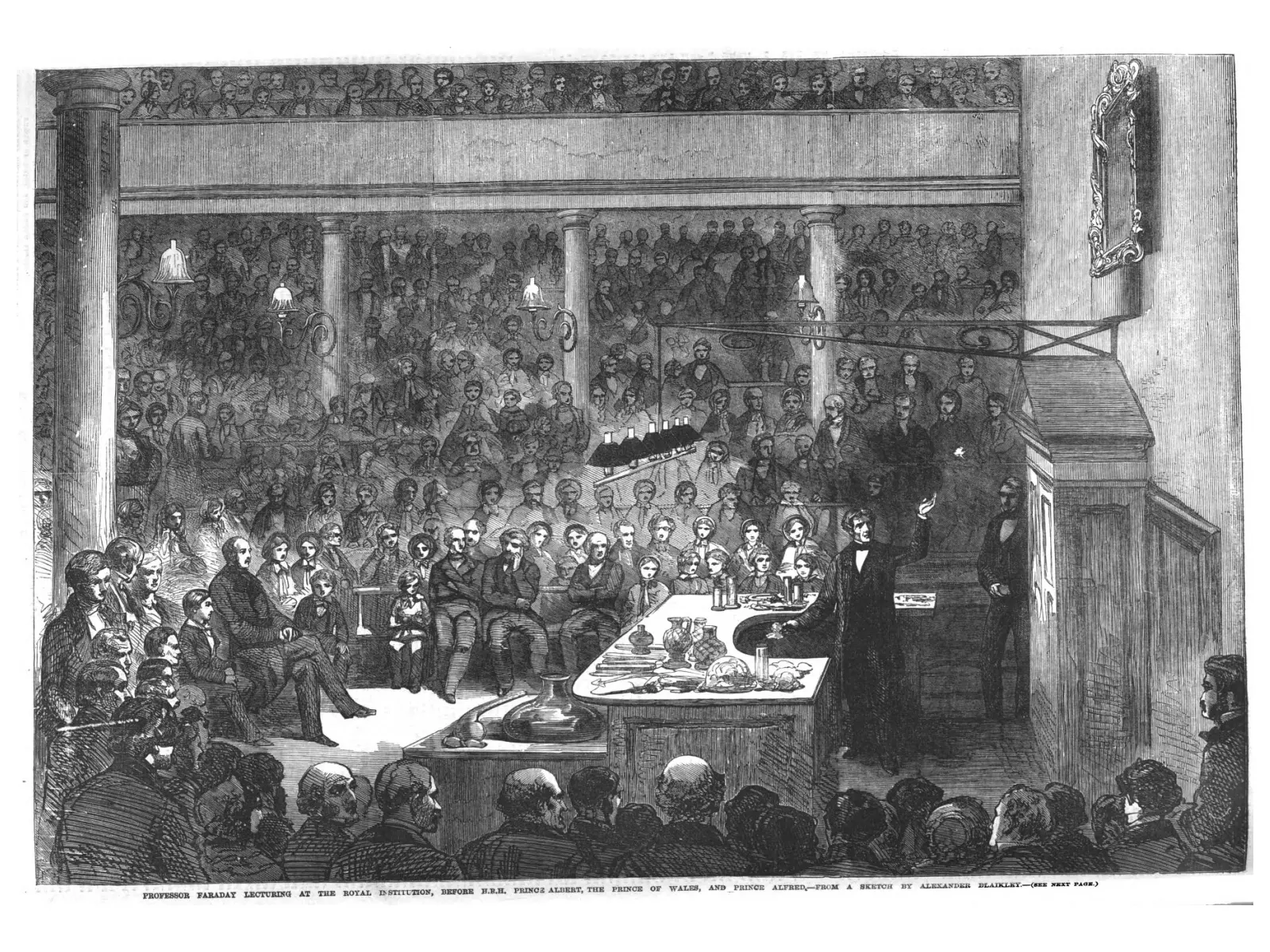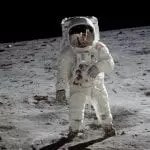[Excerpted from the much longer Research Article: Power of Natural Selection]
Science is divided into two types. The first is what is referred to as:
Empirical Science
This uses the scientific method, looking at things which can be observed, tested, repeated, and falsified.
The findings of empirical science have given us technology, like GPS, iPhones, MRIs, antibiotics and so on.
These advances are often cited as reasons to rely on science, however, such claims frequently ignore the split between empirical (otherwise called observational) science, and the other type of science,
Historical Science
Creationists have long proposed the historical science is a separate entity from empirical science. Morris and Whitcomb used the phrase “historical geology” as far back as 1961¹. Other young earth creationists picked up the term, with it being frequently used by speakers such as Ken Ham².
However, creationists did not invent the phrasing, nor did they popularize it. The terminology first appears in an article published in 1935 by an evolutionist who was later given a major evolutionary science award³! The phrasing was popularized by Charles Thaxton in a book published in 19844. Thaxton would later join the intelligent design movement.
Mainstream evolutionists, while regularly mocking creationists for using the term, also regularly use the term themselves.
In essence, an evolutionary explanation is a historical interpretation, and so may not yield predictions which can be tested now.5
This author acknowledged that evolution is not testable because it is historical.
Ernst Mayr, the preeminent expert on speciation in the twentieth century, wrote
For example, Darwin introduced historicity into science. Evolutionary biology, in contrast with physics and chemistry, is a historical science—the evolutionist attempts to explain events and processes that have already taken place. Laws and experiments are inappropriate techniques for the explication of such events and processes. Instead one constructs a historical narrative, consisting of a tentative reconstruction of the particular scenario that led to the events one is trying to explain.6
Mayr went so far as to claim Darwin introduced historical science. While this is undoubtedly hyperbole (the article was published in for the 150th anniversary of the publication of Origin of Species.), Mayr is correct that Darwin popularized the historical science perspective in biology like no one ever had before.
Evolutionists even today still use the term “historical science”.
But evolutionary biology is a historical science. Like astronomers and geologists, we evolutionary biologists try to figure out what happened in the past. And like historians, we are bedeviled by the asymmetry of time’s arrow-we can’t go back in time to see what happened7.
Losos, who has also co-authored a college biology textbook, makes it clear that evolution, as well as astronomy and biology, is historical, rather than empirical.
Sadly, it is some Christians who are behind the times. The theistic evolution group BioLogos recently helped publish a textbook on origins which said “So, scientifically, there is no basis for the origin science-operation science distinction.8 (emphasis theirs)
While they frequently castigate creationists for being outside mainstream science, as pointed out above, creationists are the ones who agree with mainstream science on this point. And, ironically enough, BioLogos has used the terms at one point as well9.
Footnotes
- Henry M. Morris and John C. Whitcomb The Genesis Flood Phillipsburg, NJ: P&R Publishing, 1961.
- Ken Ham “Observational and Historical Science–Saving Lives” Answers in Genesis May 27, 2014 Accessed June 6, 2019. https://answersingenesis.org/blogs/ken-ham/2014/05/27/observational-and-historical-science-saving-lives/
- A. L. Kroeber, History and Science In Anthropology 37, no.4 (October–December 1935), 546-547.
- Charles Thaxton et al., The Mystery of Life’s Origin (New York, NY: Philosophical Library, 1984), 204–205.
- Mayo, 1983.
- Ernst Mayr “Darwin’s Influence on Modern Thought” Scientific American November 24, 2009. Accessed June 6, 2019. https://www.scientificamerican.com/podcast/episode/darwins-influence-on-modern-thought-09-11-24/
- Jonathan Losos. Improbable Destinies: Fate, Chance, and Future of Evolution. New York: Riverhead Books, 2017.
- Robert C. Bishop et al Understanding Scientific Theories of Origins Westmont, IL: InterVarsity Press, 2018
- “Is historical science reliable?” BioLogos Updated January 19, 2019, Accessed June 6, 2019. https://biologos.org/common-questions/is-historical-science-reliable







